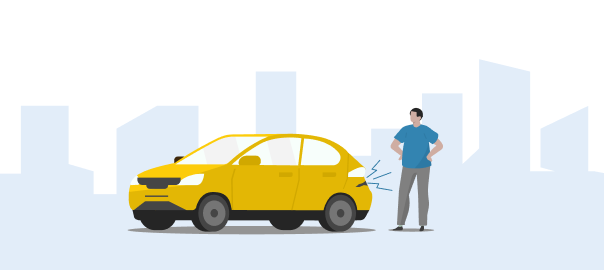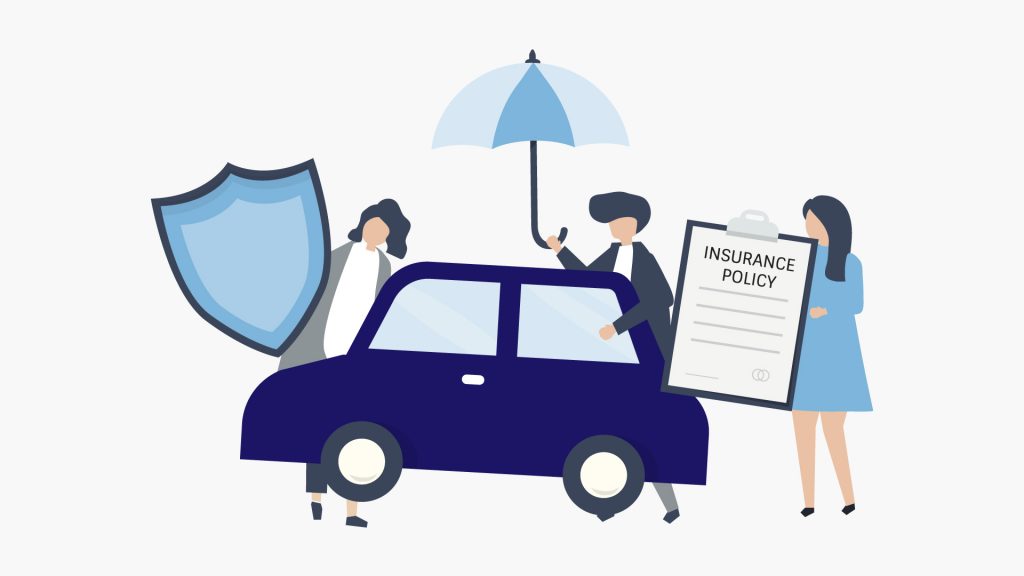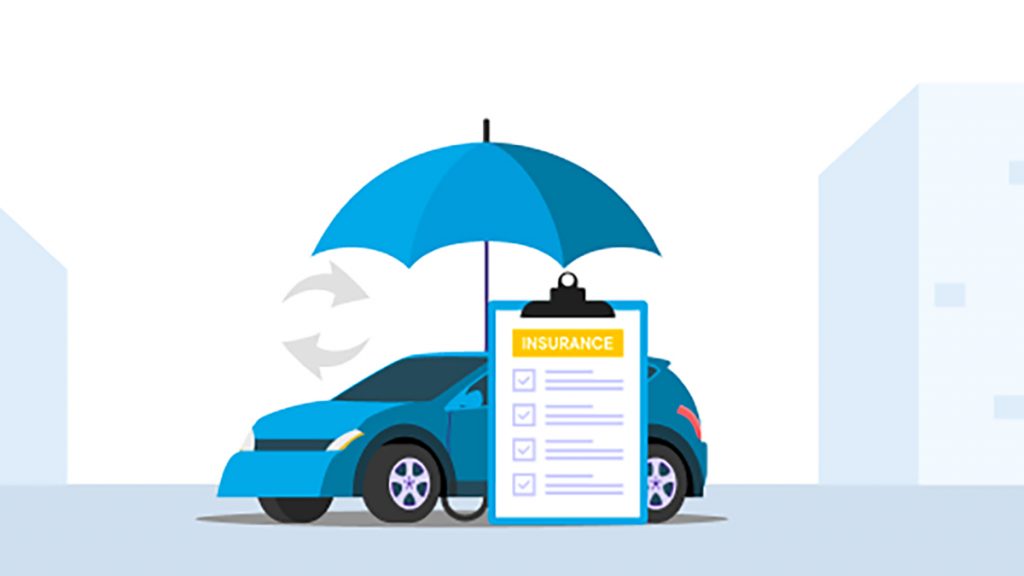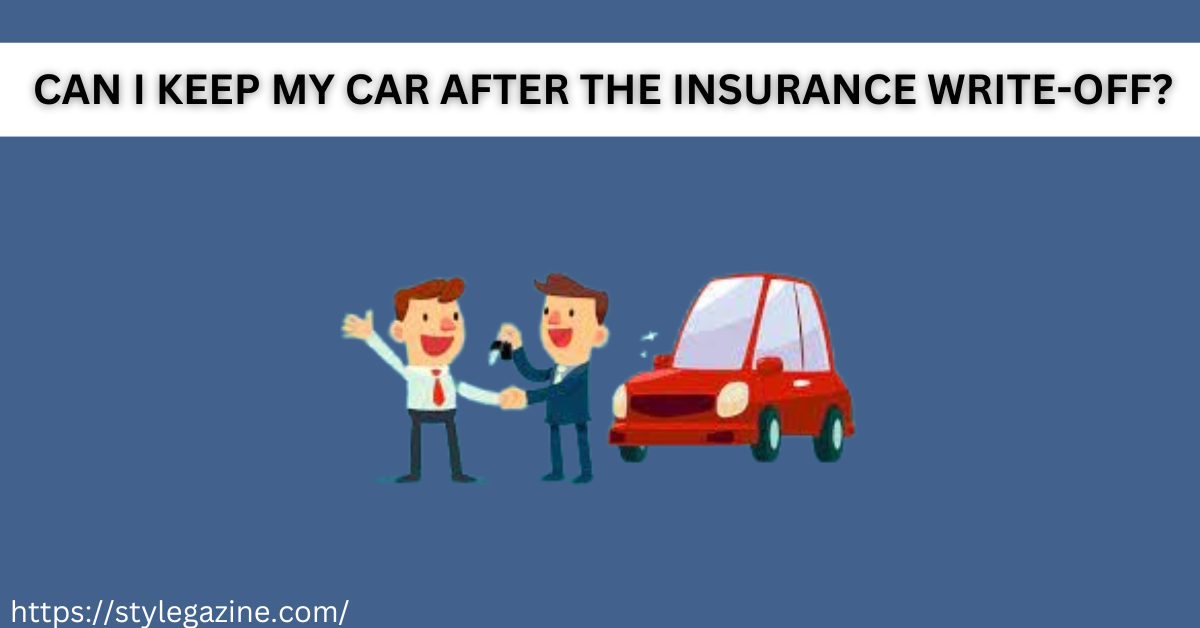The aftermath can be overwhelming when your car gets involved in a severe accident. The impact of such an event is further compounded when your insurance company deems your vehicle beyond repair, resulting in it being labeled as a write-off.
This consequential decision frequently sparks inquiries regarding the possibility of retaining possession of your car. This comprehensive guide will delve into the intricacies of insurance write-offs, navigating through the various categories and considerations involved.
By examining the classification of write-offs, ranging from Category A to Category N, and understanding the criteria used by insurers to assess the damage, we aim to shed light on the options available to car owners in such circumstances.

We will also explore the factors influencing the decision to keep a write-off, including safety concerns, repair costs, and legal obligations. By gaining insight into these critical aspects and being informed about your insurer’s policies, you can make a well-informed choice regarding the fate of your vehicle post-write-off. Ultimately, whether you can retain possession of your car after it has been written off hinges on many factors, all of which we will address in this comprehensive exploration of the topic.
Understanding Insurance Write-Offs:
Before delving into the potential of retaining your vehicle following its insurance write-off, it’s imperative to grasp the essence of what an insurance write-off entails. Essentially, when an insurance company designates a vehicle as a write-off, it signifies that the expense associated with repairing the vehicle surpasses its assessed value.
This determination prompts insurers to categorize write-offs into distinct classifications based on the severity of damage sustained. These classifications include Category A and B, which denote vehicles deemed irreparable and unfit for road use, with Category A necessitating destruction and Category B allowing salvage of parts.

Moreover, there are Category S (formerly known as Category C) and Category N (formerly known as Category D) classifications, which signify vehicles that can potentially be repaired, albeit with significant damage. Understanding these categorizations is paramount as they dictate the options available to car owners post-write-off and influence decisions regarding salvage, repair, or disposal of the vehicle.
Categories of Write-Offs:
- Category A: Vehicles in this category are deemed beyond repair and are unsafe for salvage. They are usually crushed or destroyed entirely.
- Category B: While not fit for road use, Category B vehicles can be stripped for salvageable parts. However, their shells are usually crushed.
- Category S (formerly Category C): These vehicles have sustained significant damage but can be repaired. The insurer will assess if the repair cost is feasible compared to the vehicle’s value.
- Category N (formerly Category D): Similar to Category S, Category N vehicles can be repaired, but the damage is often structural or non-structural.
Can You Keep Your Car After It’s Written Off?
The possibility of keeping your car after it’s written off largely depends on its category and your insurer’s policies. Here’s what you need to consider:
1. Category A and B Write-Offs:
If your vehicle is classified as Category A or B, the likelihood of retaining it is typically slim. These categories designate cars as severely damaged or unsafe for continued road use. In such instances, insurance companies often opt for the complete disposal of Category A and B vehicles to mitigate potential safety risks.

This usually involves scrapping or crushing the vehicles to ensure they cannot re-enter the market and pose hazards to future drivers or occupants. The decision to scrap or crush Category A and B cars aligns with safety protocols and industry standards, prioritizing public welfare and preventing the circulation of compromised vehicles that could endanger lives.
Therefore, if your car falls into these categories, it’s essential to acknowledge the limited options available and cooperate with your insurer’s directives regarding disposal to ensure compliance with safety regulations.
2. Category S and N Write-Offs:
In the case of Category S and N write-offs, car owners often can retain possession of their vehicles. However, it’s essential to note that if you choose to keep your car, the insurer will usually subtract the salvage value from your settlement amount, reflecting the vehicle’s value in its damaged state.
Additionally, it’s crucial to consider the long-term implications of retaining ownership of a Category S or N vehicle. Once you’ve opted to keep such a vehicle, it will be labeled with a ‘salvage’ or ‘write-off’ marker on its registration.
This designation can significantly impact the car’s resale value and insurability in the future. Therefore, before deciding to keep a Category S or N write-off, it’s advisable to carefully weigh the financial and practical consequences and any potential limitations on the vehicle’s future use and value.

Factors to Consider Before Keeping Your Write-Off:
- Safety Concerns: Even if you’re allowed to keep your vehicle, consider whether it’s safe to do so. Extensive damage, especially to essential structural components, may compromise the car’s safety.
- Repair Costs: Assess the vehicle’s repair cost against its market value. In some cases, the repair expenses may exceed the car’s worth, making it financially impractical to keep.
- Legal Requirements: Check local laws and regulations regarding owning and driving salvage vehicles. Some jurisdictions have specific requirements for registering and insuring salvage cars.
- Insurance Coverage: Remember that insuring a salvage vehicle can be challenging. Some insurers may offer limited coverage or higher premiums for salvaged cars.
Steps to Retain Your Write-Off:
If you decide to keep your car after it’s been written off, follow these steps:
- Notify Your Insurer: Inform your insurance company of your decision to retain the vehicle.
- Settle the Salvage Value: Agree on the salvage value deduction from your settlement amount.
- Obtain Salvage Title: If required by your state or country, obtain a salvage title for the vehicle.
- Repair or Salvage: Decide whether you’ll repair the car yourself, sell it for parts, or use it for another purpose, such as a project car or scrap.
Conclusion:
Experiencing a write-off with your vehicle is undoubtedly challenging for any car owner to navigate. Yet, amidst the complexity, the potential option of retaining your vehicle post-write-off lies. However, this decision necessitates careful consideration of several critical factors.

Safety emerges as a paramount concern, as the extent of damage incurred may compromise the vehicle’s structural integrity and overall safety on the road. Additionally, evaluating repair costs is imperative, as they may outweigh the vehicle’s market value, rendering retention financially impractical.
Legal obligations also come into play, with varying regulations regarding salvage vehicle ownership and operation across different jurisdictions. Familiarizing oneself with the distinct categories of write-offs, ranging from irreparable Category A and B designations to potentially salvageable Category S and N classifications, is essential.
Equally vital is understanding the policies and procedures of one’s insurance provider, as they dictate the options available for retaining a written-off vehicle. By assimilating this knowledge, car owners can make informed decisions about the fate of their vehicles.
Ultimately, keeping or relinquishing a write-off hinges on individual circumstances and preferences. Assessing these factors diligently ensures that the chosen course of action aligns with one’s unique needs and objectives regarding their vehicle’s future.
